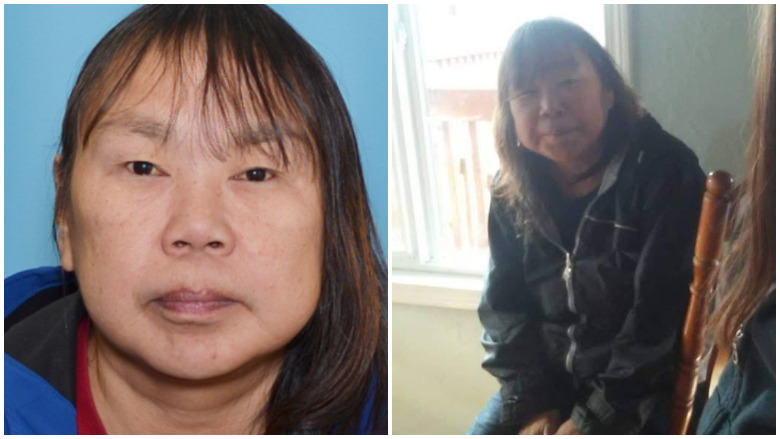
Veronica Abouchuk is the second Alaskan native woman who police now say was murdered by a married South African man who had moved to Alaska. Abouchuk, who was a mother, leaves behind a large, loving family, and she was remembered as kind and loving to all.
When Abouchuk was first reported missing, one of her daughters wrote on Facebook, “I don’t think anyone should have to go through this. Just hoping she is alive and well.” Another woman wrote, “My heart is so hurt for my Auntie Veronica ? ? for her babies, my Aunties and especially my Mama.”
Police in Anchorage were led to suspect Brian Steven Smith when a person found an SD card on the ground. On it, they found horrific videos and photos showing the murder of another Alaska native woman, Kathleen Henry, at a local hotel. Smith was initially accused only of Henry’s murder, but the investigation expanded, and authorities now accuse him of murdering Abouchuk as well.
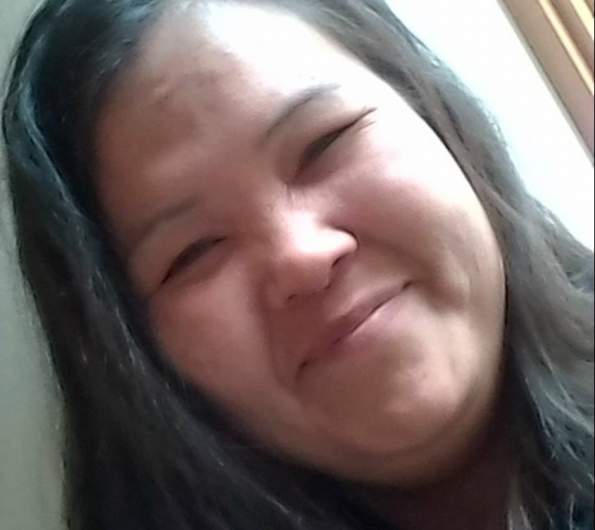
FacebookKathleen Henry
The deaths of Henry and Abouchuk, both Alaskan natives, highlight again the national and under-reported crisis of missing and murdered indigenous women. The crisis has a hashtag #MMIW. Some people have expanded it to “relatives,” to include men. A report on the issue found that, according to the National Crime Information Center, in 2016, there were 5,712 reports of missing American Indian and Alaska Native women and girls, but the US Department of Justice’s federal missing persons database, NamUs, only logged 116 cases.
“These were two Alaska Native women, and I know that hits home here in Alaska. And we’re cognizant of that. We treat them with dignity and respect,” deputy district attorney Brittany Dunlop said in a press conference. “As far as Mr. Smith’s motives, I can’t speak to that.”
Here’s what you need to know:
Veronica Abouchuk, Who Police Said Previously Was Homeless, Was Last Seen by Family in 2018, Police Said
Anchorage police initially released this information about Abouchuk.
“Police are asking for the public’s help in locating 53-year-old Veronica R. Abouchuk,” they said. “Abouchuk is homeless; family last saw her in July 2018. Abouchuk was last seen at Bean’s Café in October 2018. Family’s efforts to locate Abouchuk have been unsuccessful.”
That post, which occurred before Abouchuk’s remains were found, said that Abouchuk was “5’04” tall, 150 pounds with black hair and brown eyes. Anyone with information regarding Abouchuk’s whereabouts is asked to call Police Dispatch at 3-1-1 (option #1).”
Abouchuk’s body was found in April 2019, but she wasn’t identified until October.
Police said in an October 2019 news conference that the information released previously about the cafe was not accurate. Dunlop said that an indictment was issued against Smith for the second homicide. Murder, tampering with evidence and misconduct involving a corpse are the new charges. Authorities are asking for bail to be increased to $2 million.
“We hope these charges help bring some closure to folks for the missing loved ones,” she said. Smith is accused of admitting that he shot another female victim between 2017 and 2018, giving police the location, which led to finally identify Abouchuk’s remains, which had previously been recovered. Horrifically, Abouchuk’s skull contained a bullet hole that corroborated that account, according to KTUU-TV.
Police confirmed in a news conference that Veronica Abouchuk was the second victim. Her family reported her missing in February 2019. She had last been seen by her family in July 2018, Chief Justin Doll revealed. Police said the previous information that she had last been seen in October 2018 in Anchorage was “later proven incorrect.” Throughout the months that passed, officers continued to look into her case.
In April of 2019, authorities found the human remains along an Anchorage highway. The remains were sent to a medical examiner’s office. After Smith’s arrest in the Henry case, authorities determined that he allegedly also killed Abouchuk, and they identified those remains as her.
Whether there could be additional victims is under investigation. Authorities have not released additional details, such as how Abouchuk and Smith crossed each other’s paths in the first place.
Abouchuk Was a Mother Whose Children Were Extremely Worried About Her; Her Daughter Wrote That Abouchuk ‘Loves Everyone’
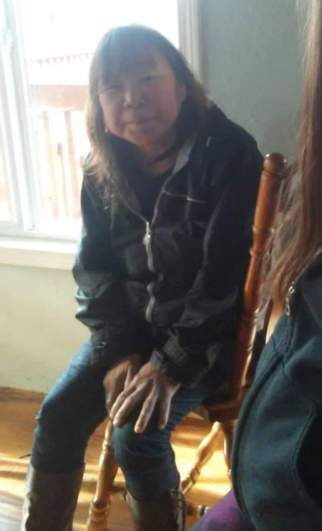
FacebookVeronica Abouchuk
Anchorage police offered sincere condolences to the families of the victims in the Smith case, with the chief saying, “It’s important for everyone to remember that they are people who had families and friends who they were very dear to.”
A woman wrote on the police comment thread that Abouchuk was a mother. Heavy has reached out to two of Abouchuk’s children for further information about her as a person.
“My nieces and nephews are extremely worried about her, that’s their mom….the family needs answers,” a woman wrote before Abouchuk was found.
One of Abouchuk’s daughters shared news of Smith’s arrest on Facebook and asked for prayers for their family. “I am so sorry dear! Your mom was a wonderful person inside and out! There is so much more I want to say. You and your brother and family are in my prayers!” a person responded on the comment thread.
Abouchuk’s daughter wrote back, “yes she was! So kind & loves EVERYONES!!”
People offered condolences. “I’m so sorry for your loss and that she was taken in this way which I’m sure just compounds the hurt you must have. I’m praying for you, and also that this monster gets punished to the fullest extent of the law,” wrote one.
Another daughter wrote in February, “Prayers for my mother Veronica Abouchuk. Filing a police report today and hoping for the best…I just want to cry sometimes but I’m not alone. Thank you for your support.”
Police Also Released a Written Statement Giving More Details About What Happened to Abouchuk
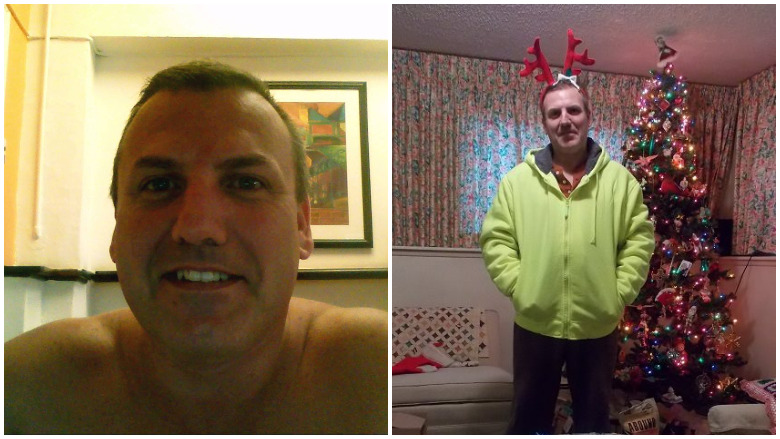
FacebookBrian Steven Smith
Anchorage Police posted an update to the missing person’s report on Abouchuk. “On 4/10/19 around 4:45 p.m., our partners with the Alaska State Troopers were notified about human remains found near mile 4.5 of the Old Glenn Highway. The remains were sent to the Medical Examiner,” police wrote.
“On 10/8/19, Brian Smith was arrested for a homicide that occurred in September 2019….During the investigation, detectives determined the suspect was responsible for the disappearance and death of Veronica Abouchuk. On October 11th, 2019, the human remains were identified as the victim. This investigation was changed to a homicide investigation.”
The release added: “Today, our partners with the Alaska Department of Law indicted the suspect in this homicide investigation. He faces multiple charges including Murder 1 and Murder 2.”
According to his Facebook page, Smith is married. His wife’s Facebook page indicates that she is a “former Administrative Officer at US Immigration and Naturalization Service Anchorage” who has also worked as a “former Personnel Staffing Specialist at Bureau of Land Management – Alaska.” He wrote that they got engaged in 2013 and married the following year. He had moved to Alaska. His wife is now a singer and actress. It’s not clear what he did for a living. He was from South Africa.
Missing & Murdered Indigenous Women Are a Crisis in the United States
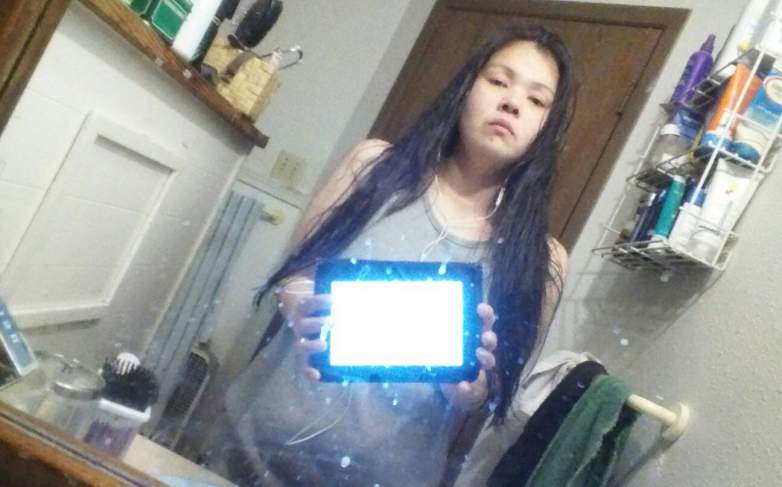
FacebookKathleen Henry
According to the report on the issue, which attempted to tally the numbers of missing and murdered indigenous women, particularly in urban areas, the Center for Disease Control and Prevention has reported “that murder is the third-leading cause of death among American Indian and Alaska Native women and that rates of violence on reservations can be up to ten times higher than the national average.”
However, the report says, “no research has been done on rates of such violence among American Indian and Alaska Native women living in urban areas despite the fact that approximately 71% of American Indian and Alaska Natives live in urban areas.” In 2017, Urban Indian Health Institute (UIHI), a tribal epidemiology center, launched the study to fill in that gap.
The report found that there was a misunderstanding about the violence that indigenous women face in urban areas as opposed to on reservations. “The majority of American Indian and Alaska Native people now live in urban communities due to a variety of reasons for migration, from forced relocation due to 1950s federal relocation and termination policies, to current barriers to obtaining quality educational, employment, and housing opportunities on tribal lands,” it reads.
“Because of this, urban American Indian and Alaska Native people experience MMIWG-related violence in two ways—through losses experienced by extended family and community ties on reservations, in villages, and in urban communities themselves.”
The report documented 27 murdered indigenous women in Anchorage and 3 missing indigenous women. That was tied for third highest in the country out of the urban areas studied in the report.
READ NEXT: Remembering Kathleen Henry.